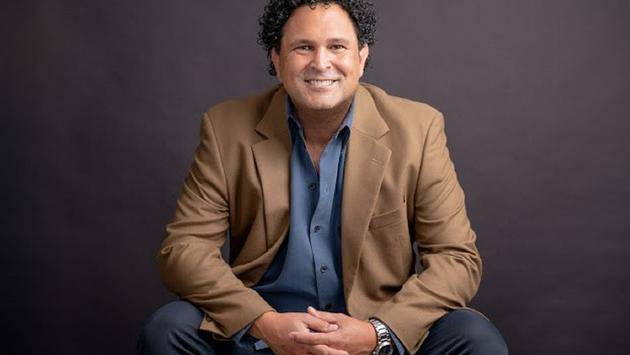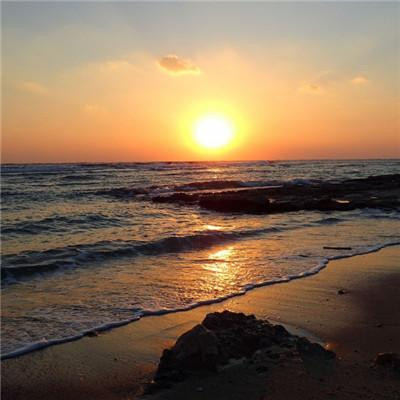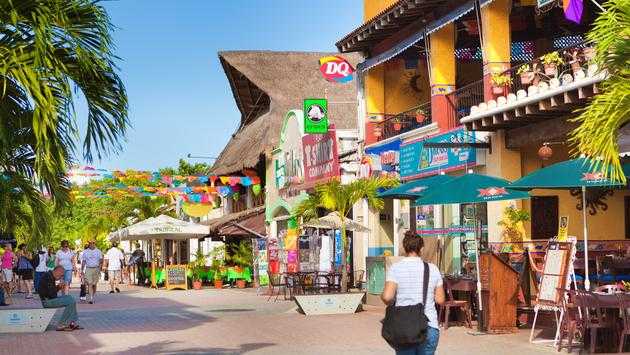Safe Travel Pathways Seeks To Create Trust-Based Health Information Platform
Safe Travel Pathways (STP), an open platform aimed at helping the trade create healthy travel experiences, will be launched on a trial basis in Costa Rica in several weeks with plans for expansion shortly afterward. Terry Suero, senior board member, said the initiative is a grassroots movement to get information to the trade “so they can truly get back to being travel advisors.” Suero is the founder of Toca Travel, a Buffalo-based travel research and services company specializing in experiential travel.

While the platform is being developed in response to the COVID-19 pandemic , said Suero, it can be expanded in multiple directions involving concerns around travel – including food allergies, mobility constraints, sustainability, special needs, etc.
To specifically address the confusion caused by unverified certifications and stamps, STP aims to identify a list of travel companies worldwide that can work together to minimize health travel risks associated with COVID-19. The platform acts as a clearinghouse for safety certifications by identifying the ones that are credible and adhere to three identifying criteria: 1) follow internationally accepted health standards; 2) has an audit system to validate compliance; and 3) has an active governance system. This gives consumers and travel advisors the ability to source and determine the level of risk they want to take while traveling abroad, said Suero.
STP uses a grading system from 1 to 5 stars based on its criteria. It serves as a clearinghouse of COVID-19 safety certifications, accreditations and stamps so that users can identify the hospitality companies that are following internationally accepted guidelines. As a result, It enables travel planners to build itineraries based on accredited providers.
The idea, said Suero, is to separate those stamps that are real from those that have little validity. He said he is hearing from advisors that they are feeling uncomfortable about risking their reputations when designing trips. Advisors and providers, he said, “are operating in the blind when it comes to COVID safety.” STP, he said, is a way to bring confidence back to the industry.
“It’s becoming a situation,” said Suero, “where there is a lot of confusion in the marketplace and a lot of trepidation.” With so many validation options in the marketplace, he said, it creates a false sense of security but also a very volatile situation when it comes to trust.
Tim Case, standards expert for STP, said that while it has been a tough year for the travel industry, there are now opportunities “to change, grow and be better prepared for the future.” He said, “this is not the last pandemic we will be living with and there are things that can be done to better prepare the industry to save lives and livelihoods.”
Those vendors working hard to provide a safe experience, said Case, might get lost in the crowd, as so many players are offering some kind of COVID-19 accreditation so it is difficult for consumers to differentiate between serious efforts and rubber stamping.
The STP platform will be self-managing with a board, but it will be totally open at no cost for industry suppliers to showcase who they are – and they can decide to be listed or not. They might even choose whether to be listed in the food allergy section, for example, but not the COVID-19 section. Potential revenue-generating models, said Suero, include limited advertising possibilities on landing and search pages. He stressed that STP will not become an online travel agency or referral-based revenue company as that would damage its advocacy stand.
STP is also looking for support from leading certifying/accrediting organizations in the form of a certain number of free certifications to ensure that specific markets have enough highly rated providers to establish safe pathways.
COVID-19, said Suero, has created much more sophisticated consumers, but “marketing has trumped information when it comes to health.” He concluded, “We should treat travelers as adults; we can provide the information and then they can decide for themselves.”













